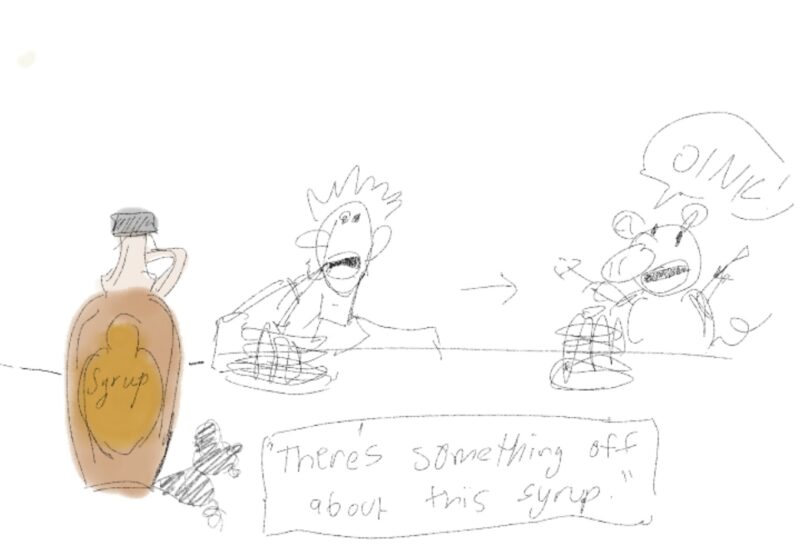A few weeks ago, when Hurricane Matthew was its strongest, I sat in my dorm room studying with a friend, thousands of miles away from the storm. A faint “ping” came from my iPhone, and I picked it up to notice a Reuters headline:
“Hurricane Matthew Kills Almost 900 in Haiti Before Hitting U.S.” Upon reading this aloud, the silence in the room suddenly thickened, and all my friend could say was “ouch.”
I certainly don’t blame my friend for being insensitive. When we learn about pain that is not ours—pain that is incomprehensible to most of us UR students because it is so different from that which most of us have experienced—how do we respond?
What was most surprising about the aftermath of Hurricane Matthew was how sparse the information on it seemed to be. You would think something so shocking would leave a larger trace in major media outlets, but the Weather Channel produced the most information, and this was generally restricted to the basic weather statistics. Even attaining the current death toll or extent of structural damage was difficult.
I found that the pain of Hurricane Matthew was lost among other concerning current events, like the war in Syria and the U.S. presidential election. Media consumers mostly focused their attention on these issues. With other stresses on the brain, the victims of Hurricane Matthew were also the victims of a community desensitized by the 24-hour urgent news cycle of the modern media.
Since I read that headline, the death toll from Hurricane Matthew has risen to over 1,300, with 46 dead in the U.S., and thousands left homeless. Matthew was a Category 5 hurricane, with winds as high as 160 mph in the Caribbean.
When reading these numbers from so far away—almost on a different planet—they’re just numbers. That is why the tragedy is so easy to dismiss, and why there are still people in this country who believe global warming is a myth.
As a result, there seems to be a lack of motivation to prevent future natural disaster damage and provide greener energy. This hurricane was not caused by global warming, but it was formed by large amounts of warm water vapor above the ocean’s surface. Global warming due to greenhouse gases makes these conditions more frequent.
This, however, is a reason not to be cynical, but to be proactive. If the victims of Hurricane Matthew cross your mind, don’t let your thoughts fade into a hopeless prayer. There are ways to help, whether by donating funds for recovery or by throwing your efforts into the prevention of future disasters.
This natural disaster, like many others, deserves as much attention as other major world events. Prevention against damage from future disasters and policies favoring a less wasteful lifestyle could make future superstorms less devastating.




